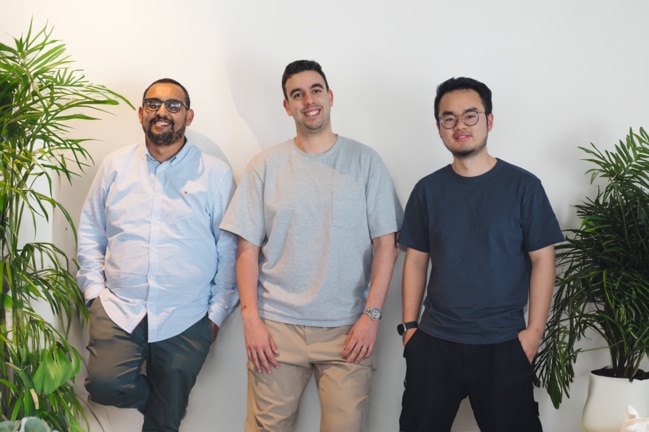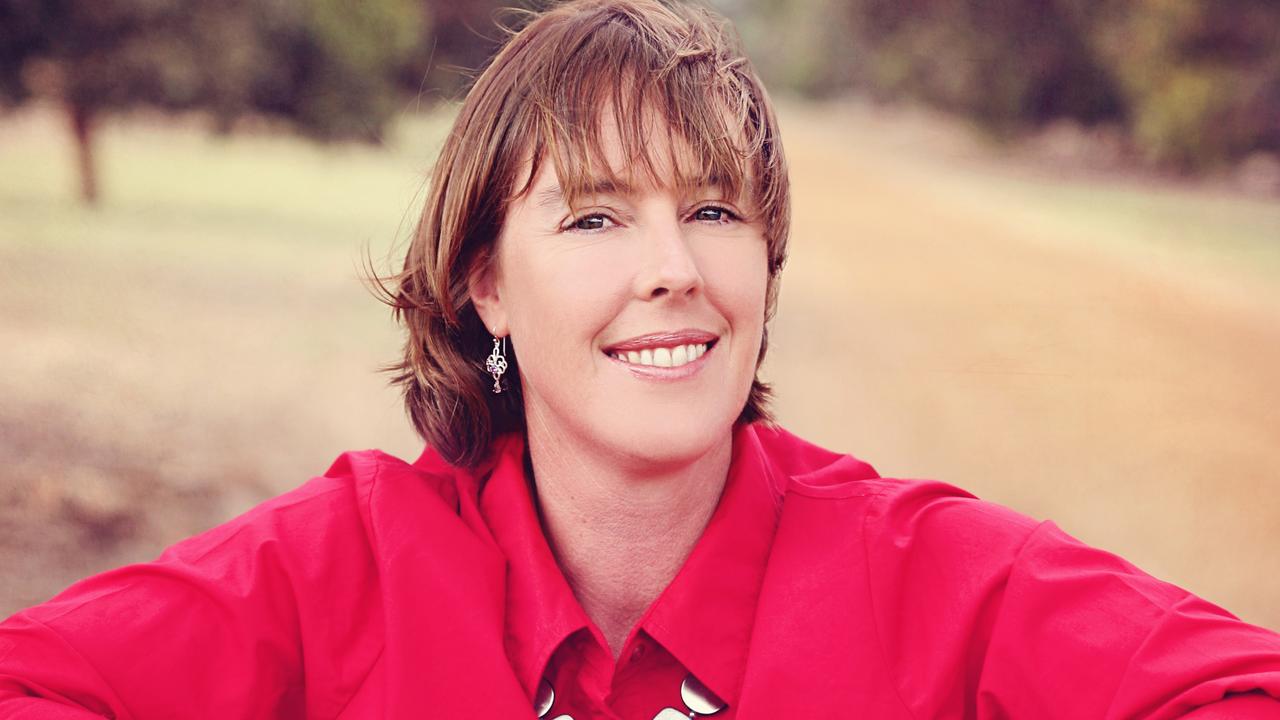Medtech start-up Heidi Health raises $10m to help GPs
A medtech start-up founded by a doctor, a former Goldman Sachs analyst and a data scientist who used to tutor med students in a Melbourne laundromat has raised $10m.

A medtech start-up founded by a doctor, a former Goldman Sachs analyst and a data scientist who used to tutor med students in a Melbourne laundromat has raised $10m.
Heidi is a platform for GPs which has services such as speech-to-text, note taking and the ability for a doctor to write a medical note or request.
The platform was founded by Melbourne doctor Thomas Kelly, former Goldman Sachs analyst Waleed Mussa and former Coles data scientist Yu Liu.
Dr Kelly and Mr Mussa had met while working at Fraser’s Medical, a GAMSAT tutoring service for would-be medical students which operated out of a Brunswick laundromat. It was founded by their friend Dr Scott Fraser in 2011.
Heidi has raised $10m in a round led by venture capital fund Blackbird, whose investment partner Michael Tolo described the start-up as having “one of the highest intellectual horsepower and one of the most flexible product teams” he had seen.
The goal with Heidi, Dr Kelly said, was to reduce the administrative tasks doctors often spent a lot of time completing and to get more patients in front of doctors. And of those patients getting in front of doctors, it wanted to ensure each visit was necessary.
During his early years in practice, Dr Kelly said, he had worked in regional areas where the number of patients waiting was almost double that of available appointments.
“I’ve been in clinics where maybe I had 30 timeslots to see patients in the afternoon, but there were 50 or 60 patients that I had to somehow fit in,” he said.
Those regional roles included clinics in Horsham, Mildura, Charlton and Traralgon.
When not in front of patients, Dr Kelly said, doctors were often stuck completing administrative tasks that could take up a lot of their time. “At least half of my time was spent doing things that I didn’t really learn in medical school, like being on hold, writing letters, filling out TSE forms, writing medical certificates and kind of navigating the bureaucracies of the hospital system,” he said.”
Long wait times in understaffed clinics came at a cost to local patients, Dr Kelly said, having witnessed farmers lose limbs, recalling one such incident in Mildura where a farmer lost his toes.
“The opportunity I see there is that if that GP had been using something like Heidi to take their notes, there’s an opportunity for us to provide other clinical decision support,” he said. “Heidi might say based on this patient’s past medical history that maybe you should think about asking a question of is the pain better or worse if you put the foot up in the air. If it’s worse up in the air, that means the blood isn’t getting to the foot.”
The platform would not provide clinical diagnosis but would prompt practitioners to ask questions or provide insights on certain health conditions.
The time Dr Kelly spent in the regions was a bit like looking into the future, he said, with industry reports predicting a major shortage of frontline medical staff. “You get to see that really constrained healthcare environment where there’s not enough clinicians for just the population that’s there,” he said.
One of the tools Heidi had developed to reduce administrative tasks was a pre-consultation form in which patients, if they consent to using the service, can fill out upon receiving a link from a practice or clinics could use the platform’s booking infrastructure. That form would then help clinicians prioritise patients as well as give new doctors insight into their past medical history.
Mr Tolo said Blackbird had watched the Heidi platform grow with excitement, and that the fund believed “Heidi has got the path to build the most delightful product in market not just in Australia, but globally,” he said”.
“I think if there’s anything that we’ve learned over the last 24 months, it’s …, you know, we need better ways to care for our most precious resource, which is the clinicians.”







To join the conversation, please log in. Don't have an account? Register
Join the conversation, you are commenting as Logout